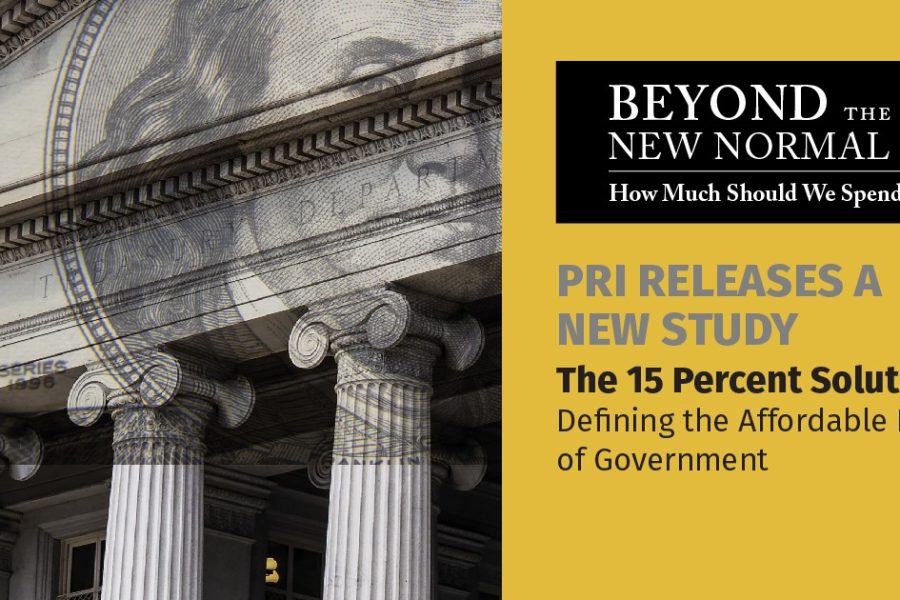It should be no surprise that the Trump tariffs are not having their intended effect. Consider the impact on California farmers as documented by Bloomberg.com:
More than half of Dan Vincent’s projected 2018 profit was wiped out with a stroke of President Donald Trump’s pen.
Vincent runs Pacific Coast Producers, a cooperative in California’s Central Valley that cans produce from 168 family farms. When metal prices soared after Trump launched the stream of tariffs and sanctions he’s been slapping on overseas trading partners, what Pacific Coast Producers pays for cans did, too, by about 9 percent. Vincent said he’s now looking for an opportunity to pass those higher costs on.
“We’re going to have to try to get these increases in the markets,” he said. “As with all tariffs, ultimately the consumer pays the bill.”
So instead of promoting American prosperity the Trump tariffs are imposing unnecessary costs on U.S. consumers and threatening previously profitable U.S. companies with bankruptcy.
Further, while the global trading system may be better off with U.S. leadership, progress continues without it. Consider that the 11 other nations that formed the Trans-Pacific Partnership (TPP) have signed the accord, without the U.S. participation. Additionally, the EU and Canada have signed a comprehensive free trade agreement, as has the EU and Mexico. While these developments are great for promoting global prosperity, the U.S. is missing out.
Of course, it is not too late for the U.S.
Withdrawing from the global trading system and imposing ill-advised tariffs is making the average American poorer, and (if left unchecked) depriving us of future technological innovations that will improve our standard of living in countless ways. Re-embracing global trade will have the opposite effect.
The U.S. can still reap the benefits of expanding trade, if the Administration would repeal all recently imposed tariffs, rejoin the TPP, and ensure that the enormous economic benefits that the North American Free Trade Agreement (NAFTA) has created are not lost.
Such a policy reversal would also send a positive signal that the U.S. is once again committed to the notion that all countries gain from expanding global trade opportunities.
Wayne Winegarden, Ph.D. is senior fellow in business and economics at the Pacific Research Institute.


